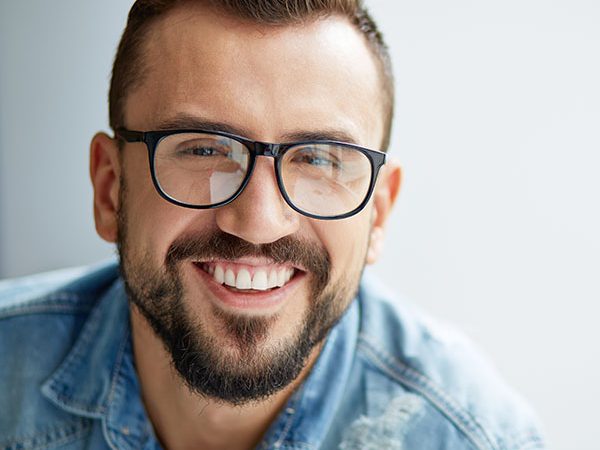As a sleep specialist, we help a lot of people to get a good night’s sleep, something that may be particularly important for athletes. If you are trying to improve your personal performance, get better results from your workout or have more energy for your next marathon – you need to get quality sleep. This requires more than simply going to bed; you must actually be resting.
For many people, this is not a possibility due to obstructive sleep apnea. This condition often goes undiagnosed, but it can prevent good, quality sleep from taking place. With this condition, the lower jaw falls backwards at night while you are sleeping. As it does, the tongue falls backwards as well and blocks the airways. This creates a situation where people spend the night gasping for air, most without knowing it. Obstructive sleep apnea can manifest itself as loud snoring or simply feeling exhausted or worn out the next day.
As a sleep specialist, we can treat this condition by having a removable oral appliance created in the lab. This looks like a full retainer that surrounds both the upper and lower teeth and is connected. The device is small and easy to wear but works extremely well. It prevents your jaw from moving at night and by doing so, keeps your airways clear so that you can get the oxygen your body needs to feel rejuvenated.
Why this matters for athletes –
Doctor David Geier said, “Just as athletes need more calories than most people when they’re in training, they need more sleep, too.” On average, adults need seven to nine hours of sleep at night in order to be in the best possible health and optimal functionality. Athletes are supposed to get an extra hour of sleep at night and the National Athletics Trainers Association even recommends an afternoon nap. During sleep the body repairs itself and given how hard athletes work, the body particularly needs time to repair itself in order to get ready for the next event, workout or run.
Naturally, we were interested in the science behind this and whether or not any further research had been done that was beyond speculative. As a sleep specialist, this information is important for us to understand how athletes may benefit from undergoing a sleep study to determine the quality of sleep they are getting. It turns out that Stanford University conducted a study using their basketball team. Over the course of several months, they asked their players to sleep for two extra hours a night and then compared their performance with what it had been previously. They found that speed was increased by five percent and that their free throws were nine percent more accurate after increasing their rest. This is significant and should give any athlete encouragement to set an earlier bedtime.
Still, if you are going to sleep but not getting quality rest, it could be due to obstructive sleep apnea and we recommend that you schedule an exam so that we can determine if you are likely struggling with the condition.

